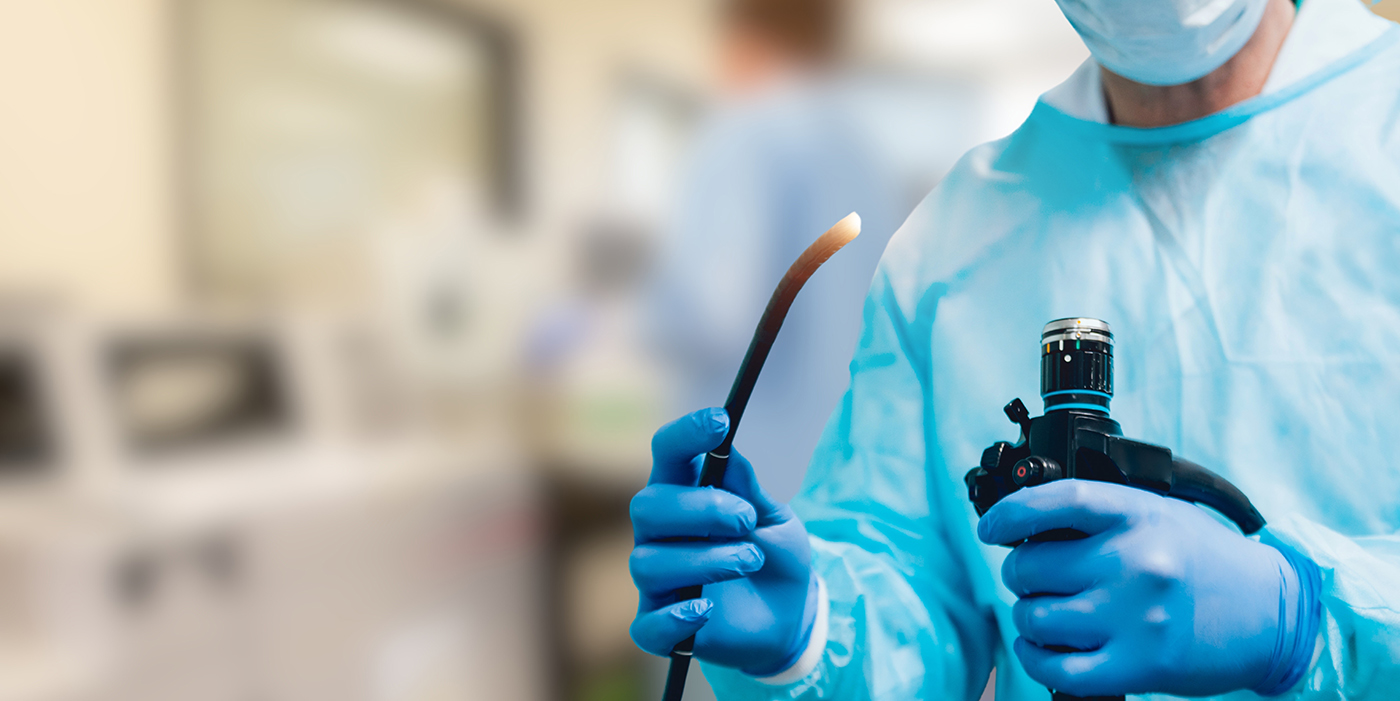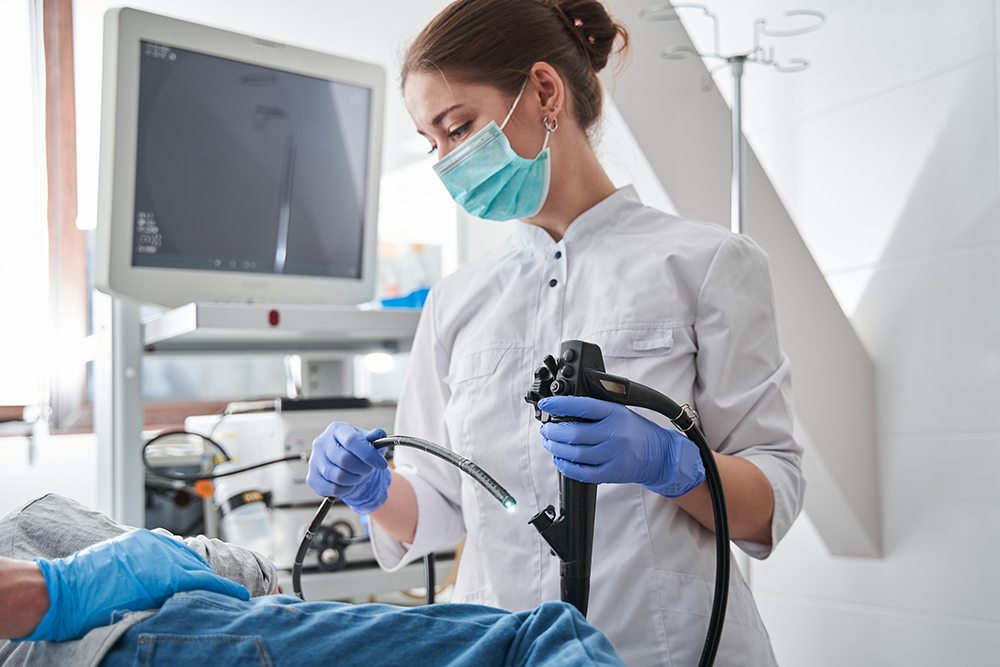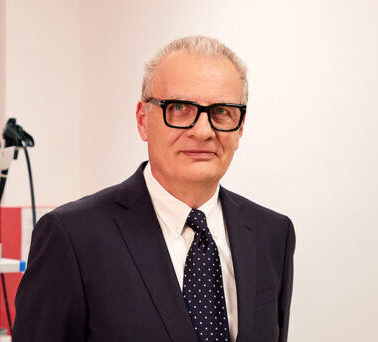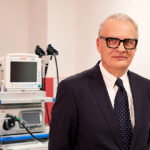Colonoscopy is the endoscopic examination of the large intestine using a thin, flexible tube with a small camera at the tip. The tube is inserted via the anus and advanced to the junction with the small intestine. The examination is primarily used for the early detection of bowel cancer and to clarify complaints such as blood in the stool or persistent diarrhoea or abdominal pain. Colonoscopy is regularly recommended as a preventive examination from the age of 45. Colonoscopy can be used to detect and treat numerous diseases at an early stage, including
- Haemorrhoids
- Diverticula
- Inflammatory bowel diseases such as Crohn’s disease and ulcerative colitis
- Polyps
- Bowel cancer (carcinomas)
If necessary, tissue samples (biopsies) are taken during the colonoscopy.
State-of-the-art therapy options
In addition to diagnosis, colonoscopy also offers therapeutic options, such as
- Removal of polyps
- Treatment of haemorrhoids by ligation or sclerotherapy
All procedures are performed using gentle endoscopy, which includes sedation and continuous monitoring during and after the procedure.
Competence center and comprehensive care
After the examination, further treatment is carried out at the Competence Center for Gastroenterology and Hepatology based on the results of the endoscopic and histological findings. Thanks to close collaboration with pathologists and the availability of state-of-the-art imaging techniques such as ultrasound, CT, MRI and PET-CT, the Vienna Private Clinic offers comprehensive diagnostics and therapy for the best possible treatment success.








